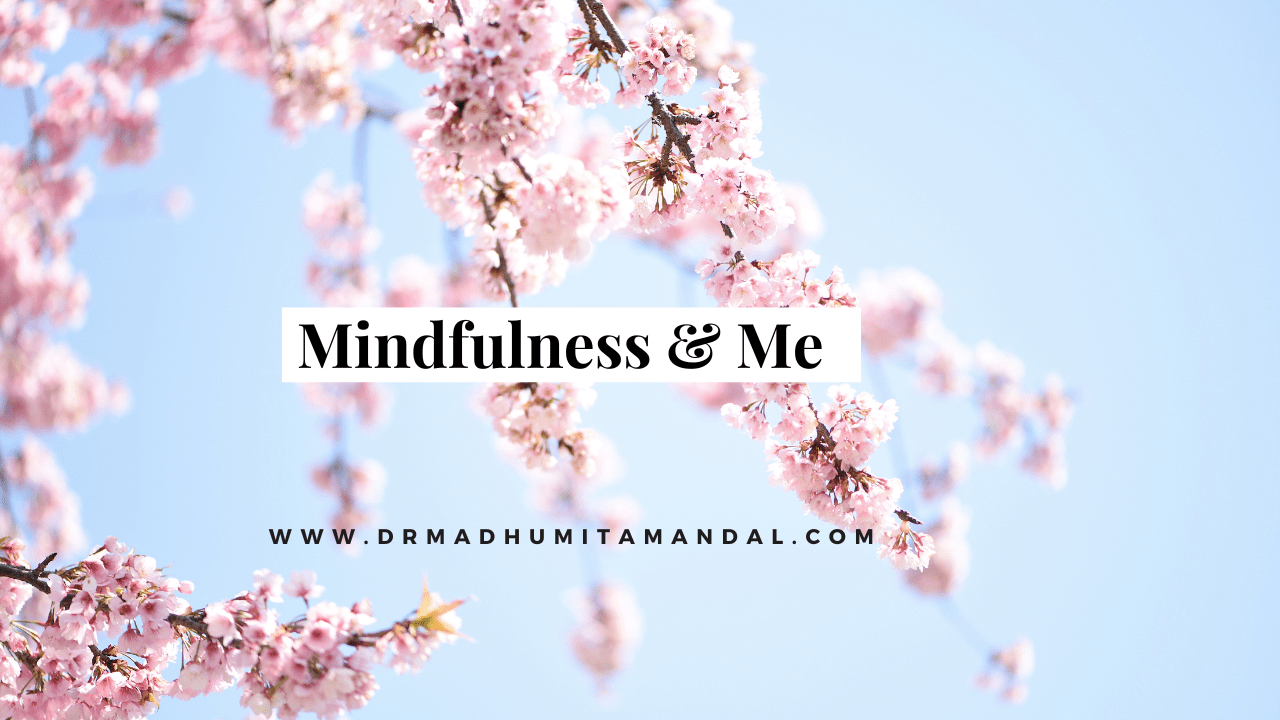What is mindfulness to me and how do I calm my mind when things are not my way
A few days back, I happen to see The Maze runner (2014) movie. It’s a dystopian science fiction movie showing teenage boys bereft of adults with memories eroded trapped in a manmade habitat aka maze that has certain rules for survival. The maze only opens during the day, and closes at a particular time by evening. If the boys don’t make it back to the habitat by that time, they become fodder for whatever roams the mazes at night.
Scary, but afterall it’s a movie story… right.
Interestingly, many of us are living a maze life though less harsh and more amicable one. Drudgery of hitting the alarm, hopping the shower, driving to reach workplace, working like cracks, heading home and repeat. We face our monsters daily… stress, burn-out, over thing and mind chatters. Many feel compelled to achieve something big—and in the process you land up in a pressure cooker like situation. Stress fumes out whistling from the boiler. The fun in learning and the joy of achievement fades out slowly when you land up running in the same maze daily. We do have batches after batches of “the cult of busy” who are on the verge of pervasive, unavoidable busyness.
Let’s face it: life isn’t always fun. It has its share of hardships, struggles, heartbreaks even for the most fortunate ones. In the hush-hush, we forget that there are opportunities in disguise and we can create space in our lives, and let ourselves live in the now.
Why it is so tough living in the moment? Of course, we live in a world full of distractions!! We mostly love to dwell in the past or predict and plan for the future. Our mind is a creature of habit that often lands up in an auto-pilot thinking mode because it likes to stay in its comfort zone. Like Maze Runners, we often wander in the maze and catch ourselves thinking/overthinking about events – why me…what could have done to prevent it…and our careless daydreams can quickly turn into worries or regrets.
Our mind does not fathom that past doesn’t exist and neither does the future. But it also fails to realise that only true moment in time we have in our kitty to label our existence is a feeling of presence.
Secret of Space & Silence
Two things are absolutely necessary to realize about— the understanding of space and the nature of silence. Space here doesn’t mean interstellar distance between earth and moon, but psychological space or the mind space. A cluttered mind with no space is a shoddy, petty trap that holds its victim. Our mind space can be overcrowded with noise, chattering, endless memories, images, symbols, opinions, prejudices, hate, jealousy. Where is the space for love, natural world, family. And without this space, in which there is no boundary, the mind is incapable of finding a way out, of coming out of trap of overthinking.
Our mind is never silent: we are either having a dialogue with ourselves, or with somebody else. The machinery of thought is incessantly active, projecting itself, what it should do, it must not do, how it has been – endlessly chattering; or conforming, accepting, comparing judging, condemning, imitating, obeying.
How to start living in the now and start healthy mindfulness?
It starts with a simple choice—one tiny decision to do something differently. No, you don’t have to start looking for mini adventures like hiking or scuba diving.
Strictly speaking, we all have the same amount of time each day. Nobody has extra or less. What feels like a lack of time is, more accurately, a conflict between priorities. Can we inculcate habits that can supercharge our joy.
If you’re constantly thinking about future or dwelling on past events, you’re unlikely to be able to focus on what’s happening around you in present. This can lead to problems in relationships at work and at home leading to lack of focus and losing golden opportunities.
To try something new instead of merely thinking of it or challenge a thought that might hold us back —little choices might not change everything, but they can change how we experience everything. And maybe, for now, at least, that’s enough.
MINDFULNESS
How to stay in the moment
Mindfulness involves two key components—awareness and acceptance.
Ability to focus attention and awareness of the surroundings. Acceptance is the ability to observe and accept —rather than judge or avoid—those streams of thought. Thus, mindfulness requires two different skill sets—cognitive skills to maintain focused attention, and emotional skills to achieve non-judgmental observation.
If we notice that our mind is jumping ahead, thinking about how we’ll eat vegetables every day, we can patiently and compassionately re-focus our attention to right now. Instead we can think, “Today I will eat healthily. Tomorrow I will tune into my body again and see what it needs then.” Once we start listening to ourselves, with compassion, we’ll start to build a different relationship with our bodies. Rather than fighting against it, or trying to restrict and limit it with rigid rules, we become more present with ourselves, more grounded in the moment. By becoming more mindful, we’re likely to find that our bodies naturally start to guide us towards what it needs, rather than having to make a forced effort with our minds.

Tools for Mindfulness
Breathing
Mindful breathing is a very basic yet powerful practice. The idea is simply to focus your attention on your breathing—to its natural rhythm and flow and the way it feels on each inhale and exhale. Focusing on the breath is particularly helpful because it serves as an anchor–something you can turn your attention to at any time if you start to feel stressed or carried away by negative emotions.
Mantras
Mantras, the precursor of positive affirmations, originated thousands of years ago. The Sanskrit word mantra is often translated as “tools of thought” or a “sacred formula.” These are words or sounds with the power to transform consciousness.
Studies have shown that mindfulness can lead to numerous health benefits including stress reduction, improved focus and enhanced memory. Through powerful, memorable, and concise mantras, we can train ourselves to continually tap into our mindpower, strength, and fortitude.
With practice, mindfulness has been associated with a greater ability to understand and cope with uncomfortable emotional experiences. In this way, awareness is the gateway to control and relief.

